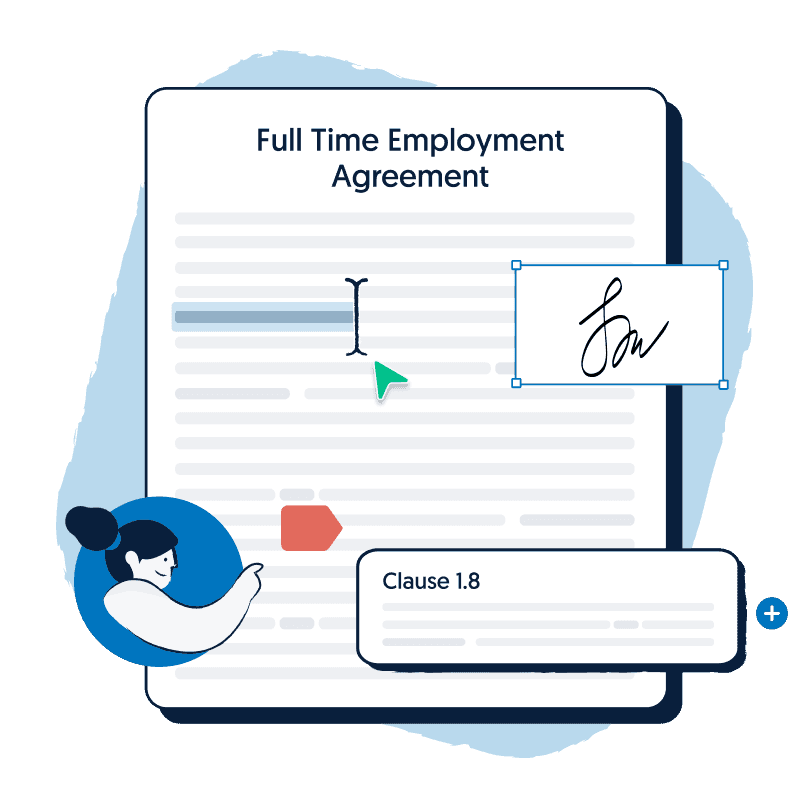Communications and legal business professional with experience working in top-tier global law firms, high-growth startups, and legal technology across APAC, the UK and US. Currently the B2B Relationship Manager at Pogust Goodhead, a global class actions law firm specialising in ESG, consumer, competition and human rights law with offices across the United Kingdom, Europe, United States, and Latin America. Formerly a practising NSW lawyer and Content Manager at Lawpath.
It’s not surprising to hear that more than 91% of Australian households use mobile phones. As the usage of mobile phones has increased, so to as the technology within them. Even only 10 years ago, it was not particularly common for people to use their mobile phone to browse the internet. In 2018, people access the internet predominantly by using their phones. Along with this, the recording devices in phones have become significantly more sophisticated – making it easier for people to make video and audio recordings anytime, anywhere. Subsequently, there are rules in place in order to ensure these technologies are not abused. It is important that you understand the boundaries around which you can Record a Phone Call, otherwise you may face serious consequences for any breaches.

Get your Full Time Employment Agreement legal document for free.
When is it an Offence to Record a Phone Call?
Conversations that happen over the phone can generally be characterised as ‘private conversations’. This is because it is likely that the circumstances of a phone call may reasonably be taken to indicate that any of the parties to the phone call desires the words spoken in the phone call to be listened to only by themselves.
In NSW, the Surveillance Devices Act 2007 (‘the Act’) regulates the use of surveillance devices. In relation to recording a phone call, the Act generally makes it an offence to engage in the following conduct:
- Installing or using a listening device (such as a mobile phone, tablet or voice recorders) to record a private conversation without the consent of the parties to the conversation
- Possessing or keeping a record of a private conversation
- Publishing or distributing to any person a record of a private conversation
This offence is punishable by up to five years’ imprisonment and/or a $55,000 fine.
When can a Phone Call be Recorded?
Businesses may wish to record phone calls for various reasons. For instance, it may be useful to either record customer calls for quality assurance and staff assessment purposes or record a phone call with your business partners on certain business matters. In any event, when a phone call is recorded, you should notify the other party of your intention to record and seek express or implied consent from parties to the phone call. Most companies have a privacy policy which covers this.
You may also record a conversation if one of the principal parties (a person by or to whom words a spoken in the course of the conversation) consents to the recording of the conversation and it is either reasonably necessary for the protection of the lawful interest of that principal party, or the recording is not made for the purpose of communicating or publishing the conversation or a report of it to persons who are not parties to the conversation.
Whether a recording is ‘reasonably necessary’ to protect a person’s ‘lawful interests’ is subjectively determined and will turn on the particular circumstances. It is generally considered reasonably necessary to record a conversation that relates to a crime or an allegation of a crime. If you are not sure of whether your recording breaches the law, a privacy lawyer can assess the circumstances of the recording and offer you in-depth advice.
Failing to comply with these regulations will result in severe penalties, as personal privacy is a matter both society and the Government take extremely seriously.
Written by Jia-Lee Lim

Get a fixed-fee quote from Australia's largest lawyer marketplace.






